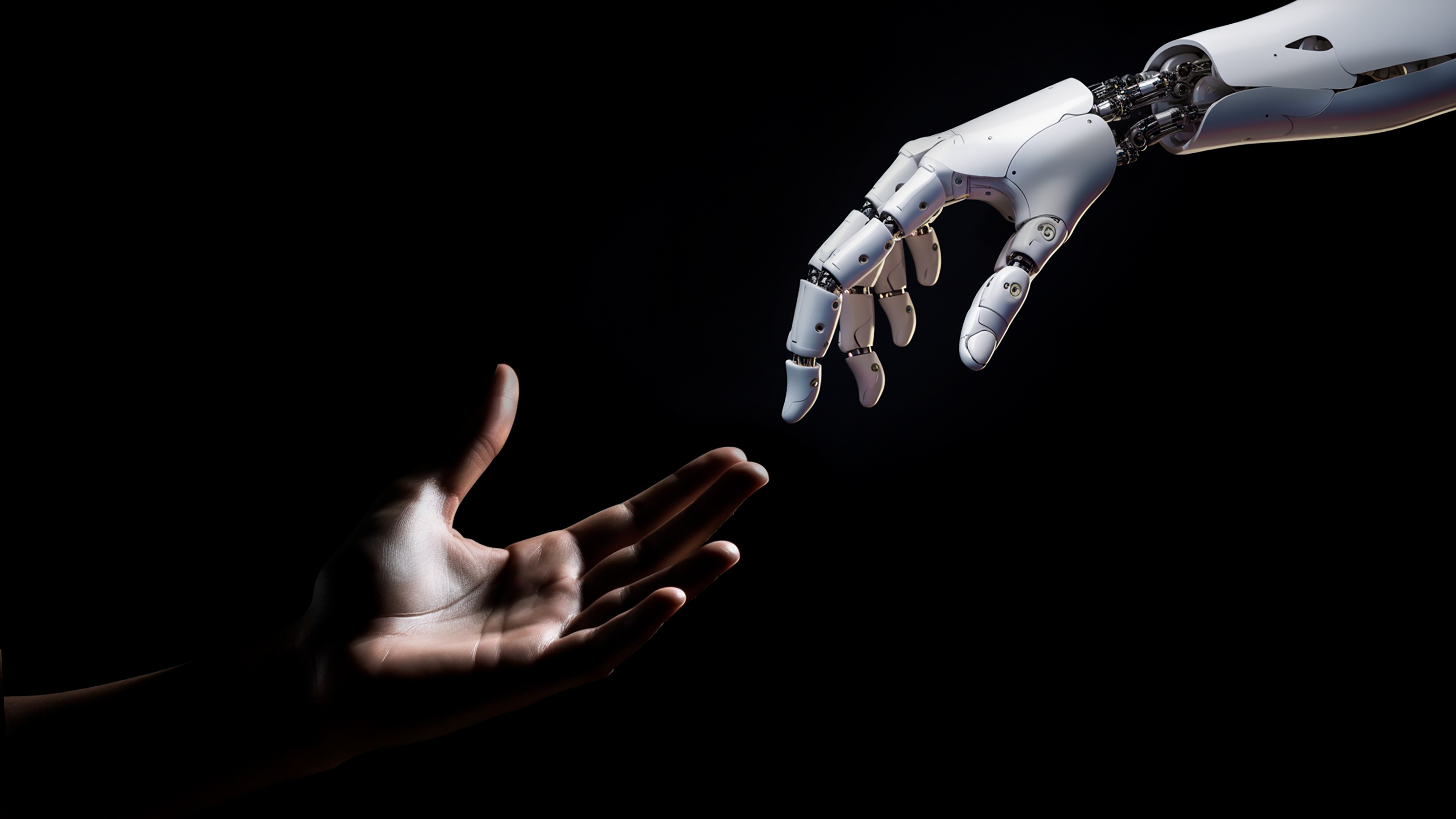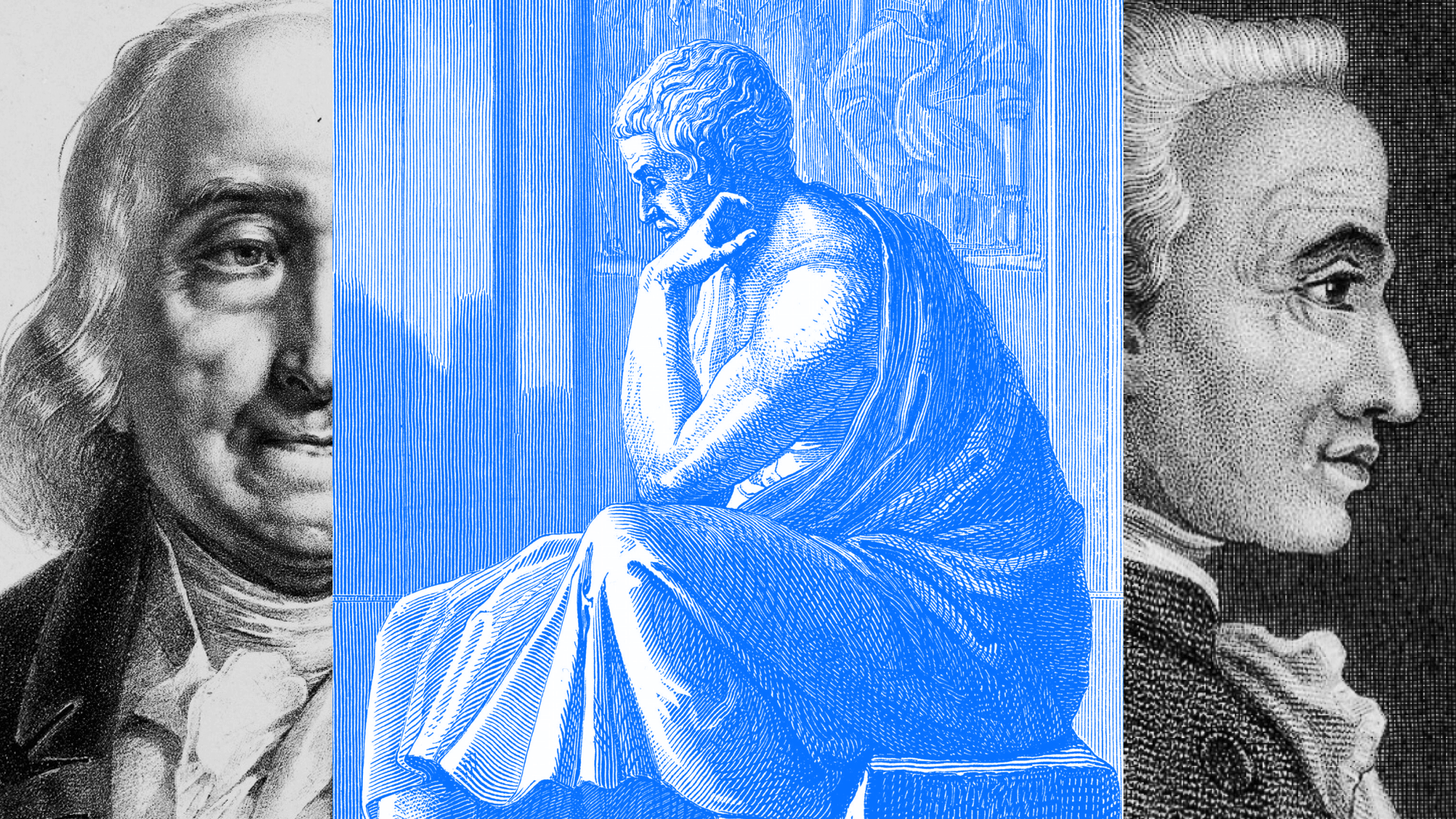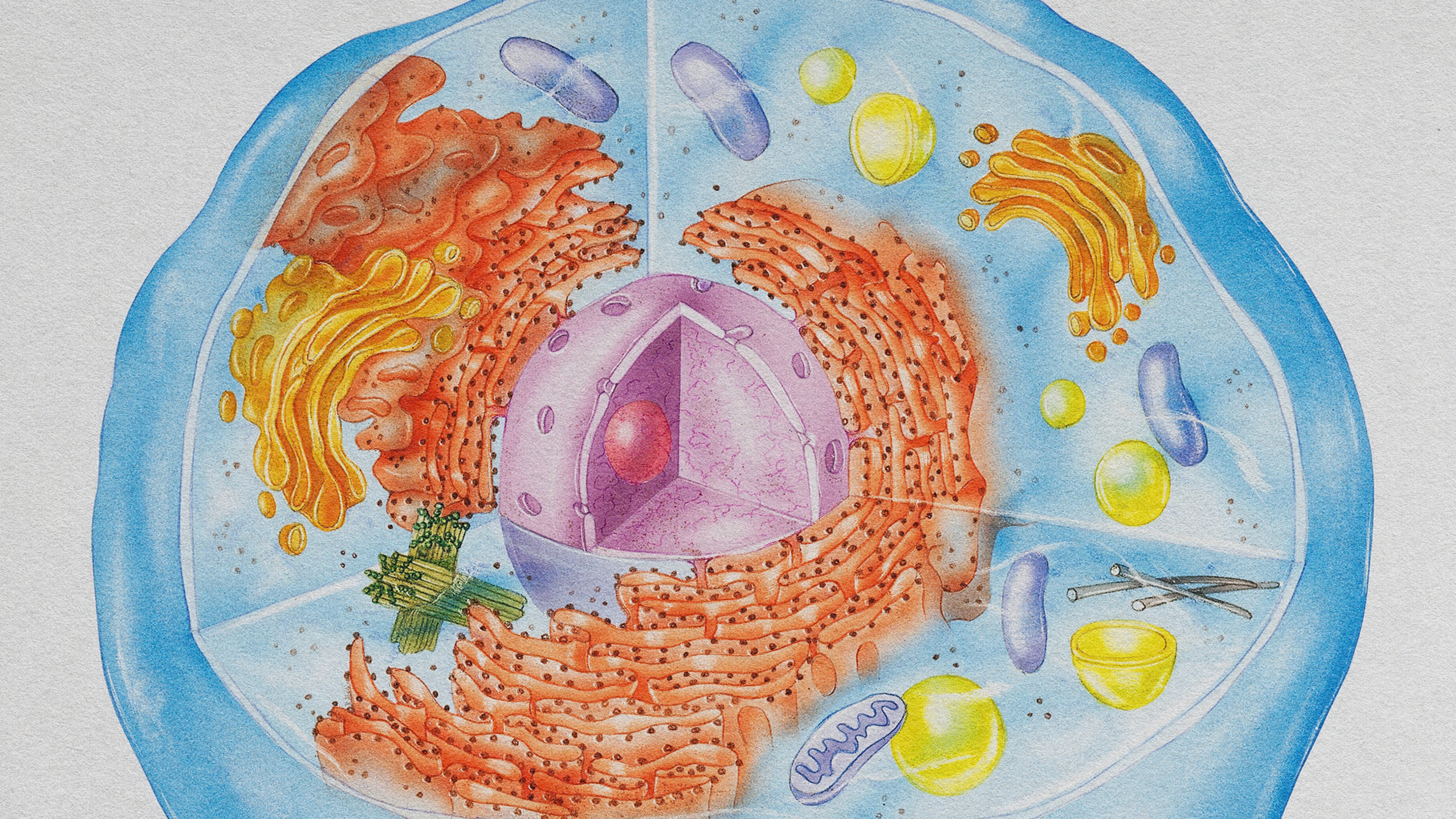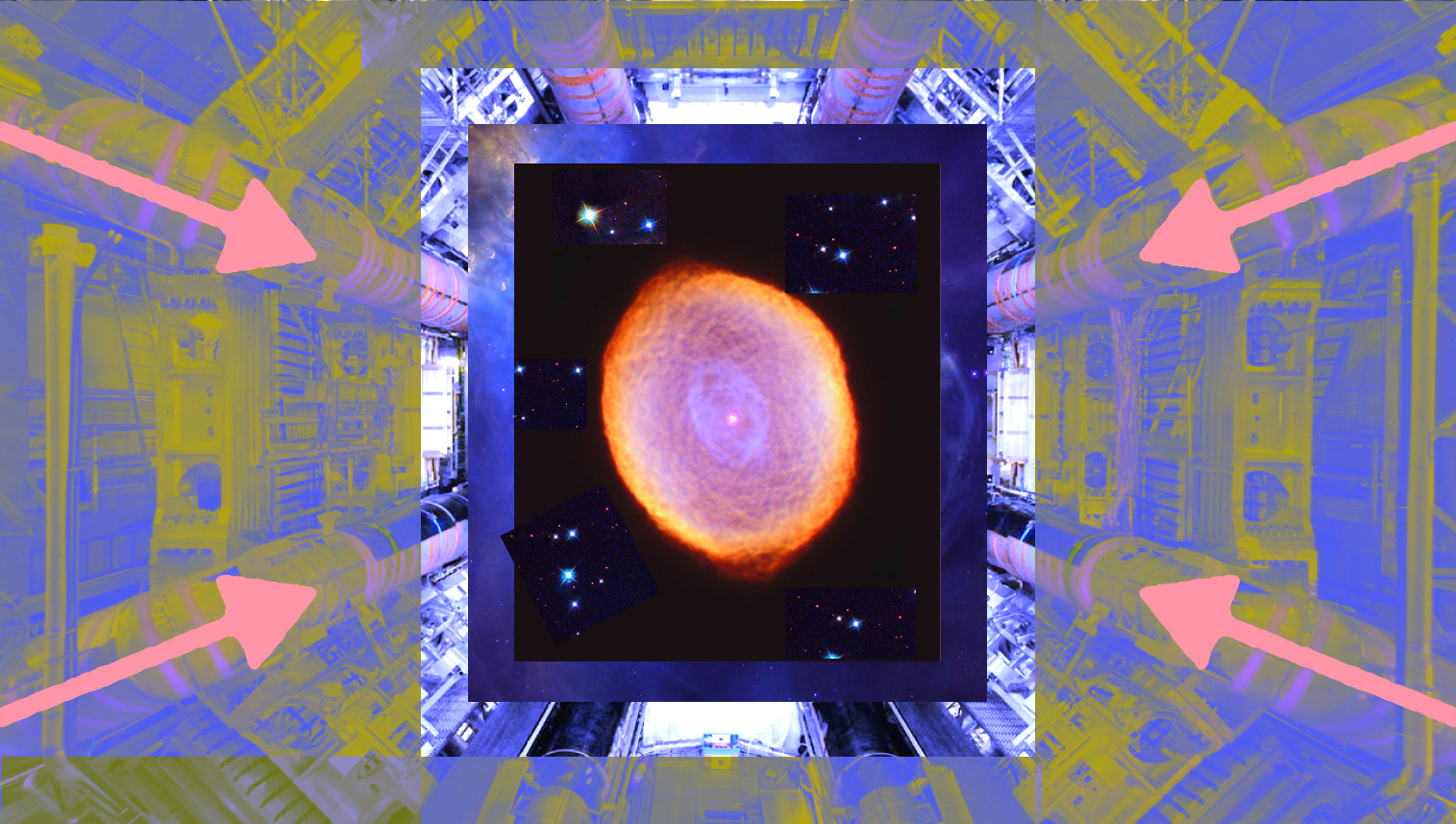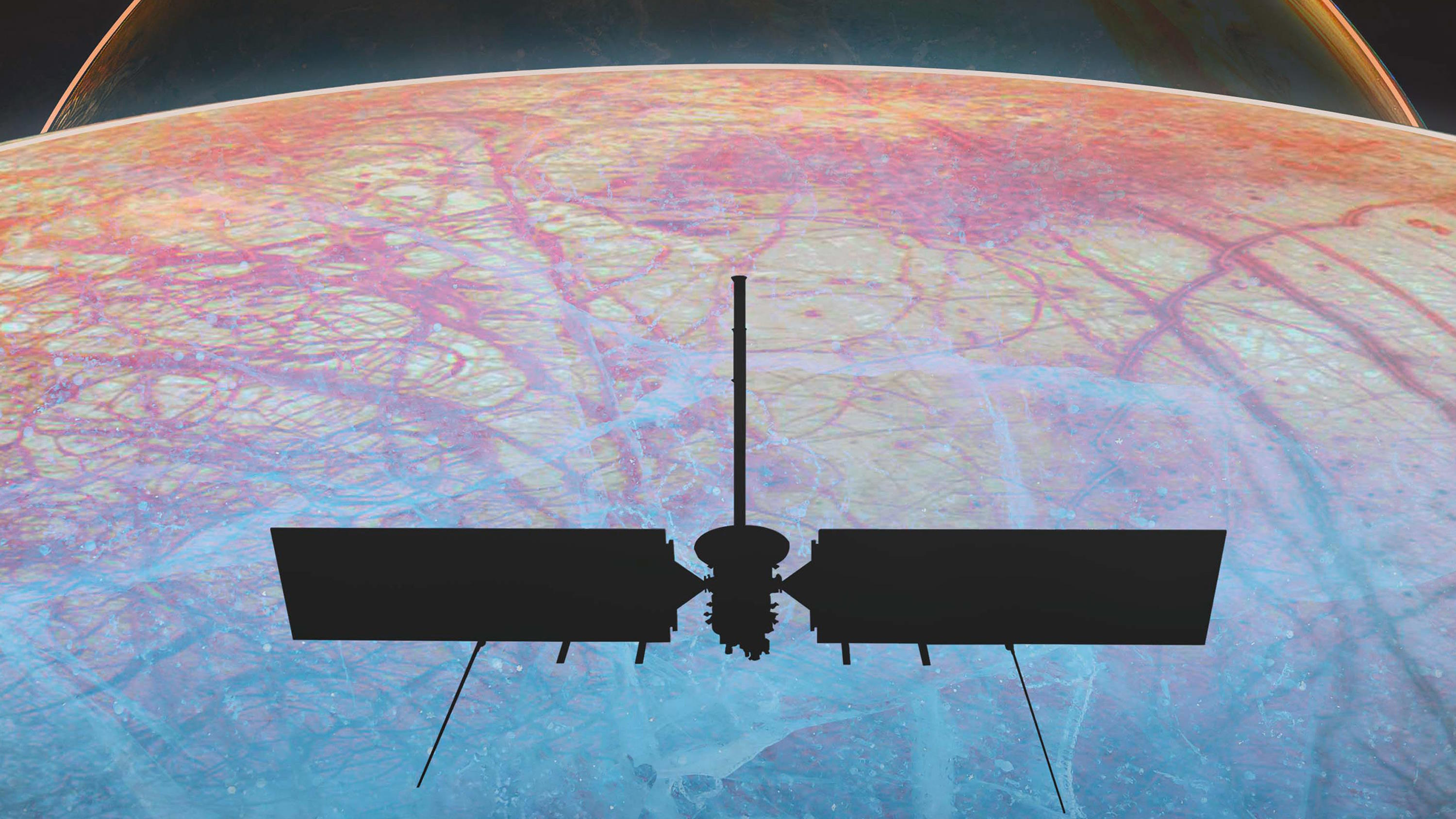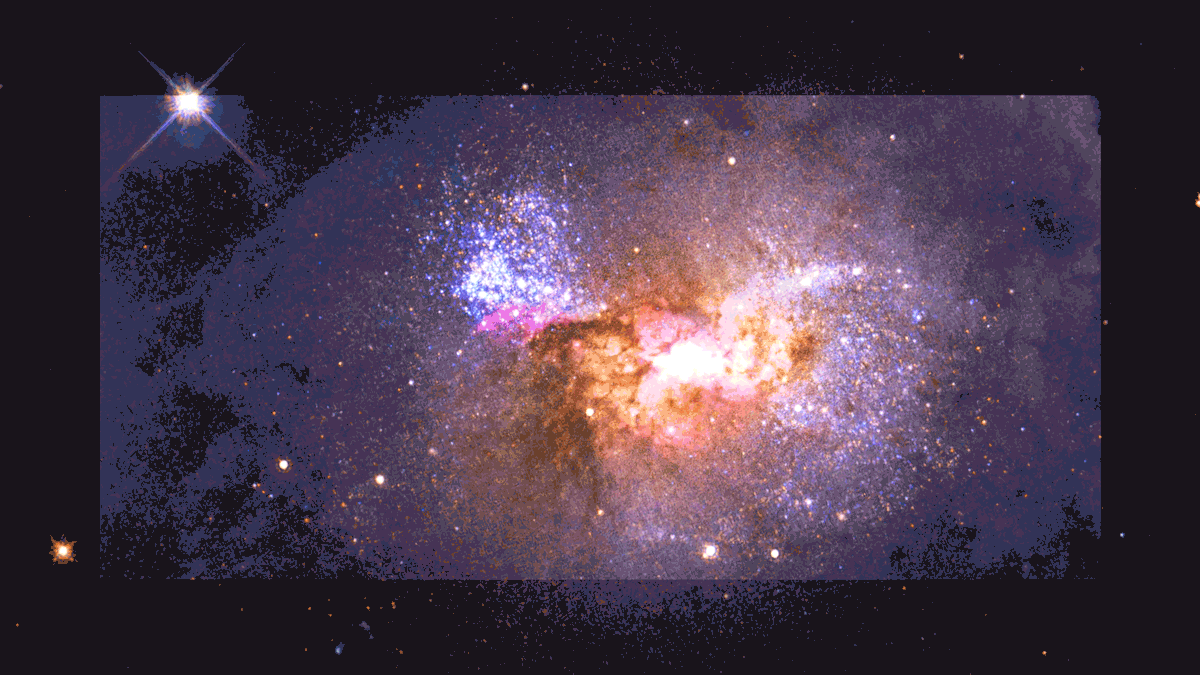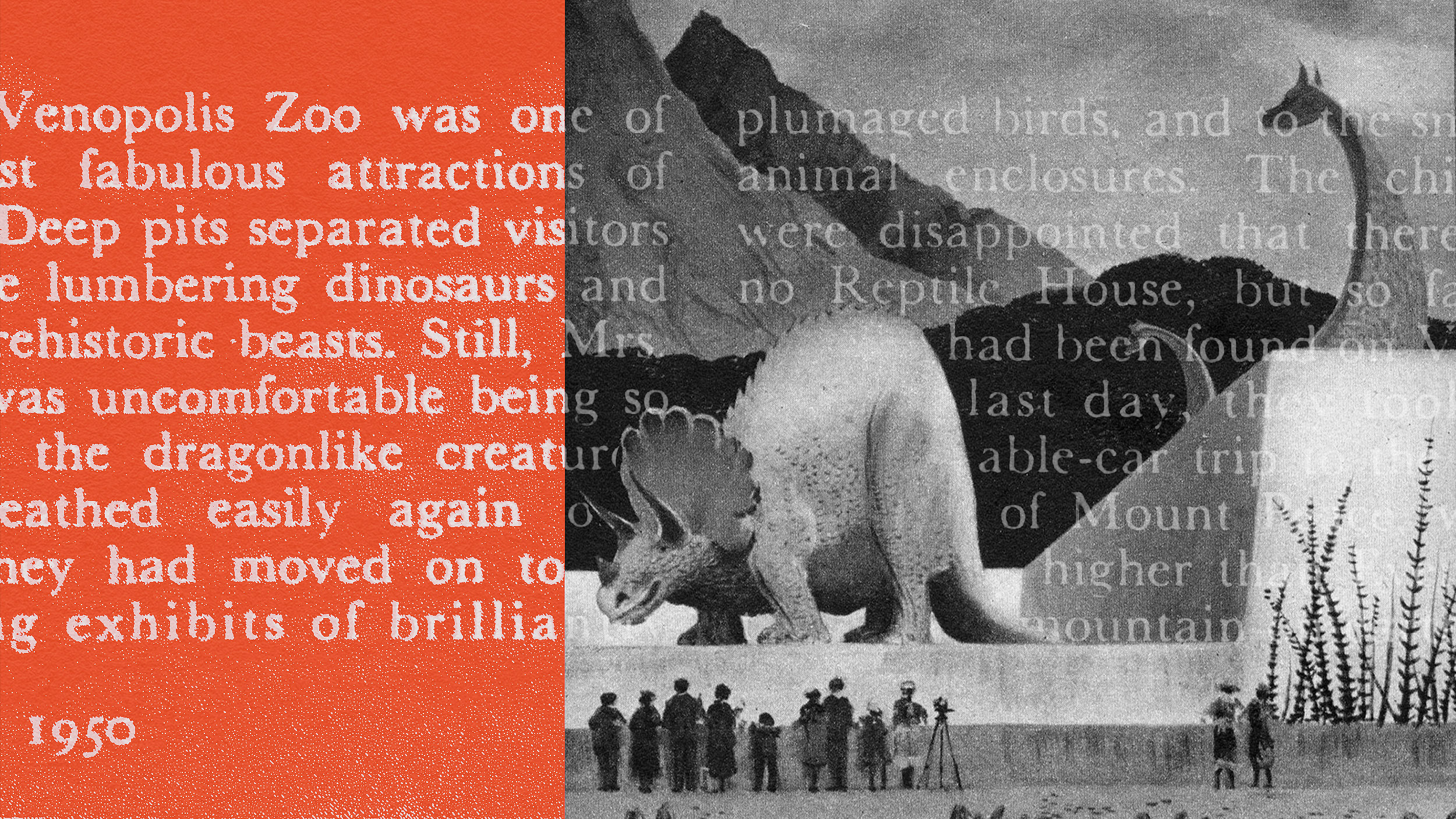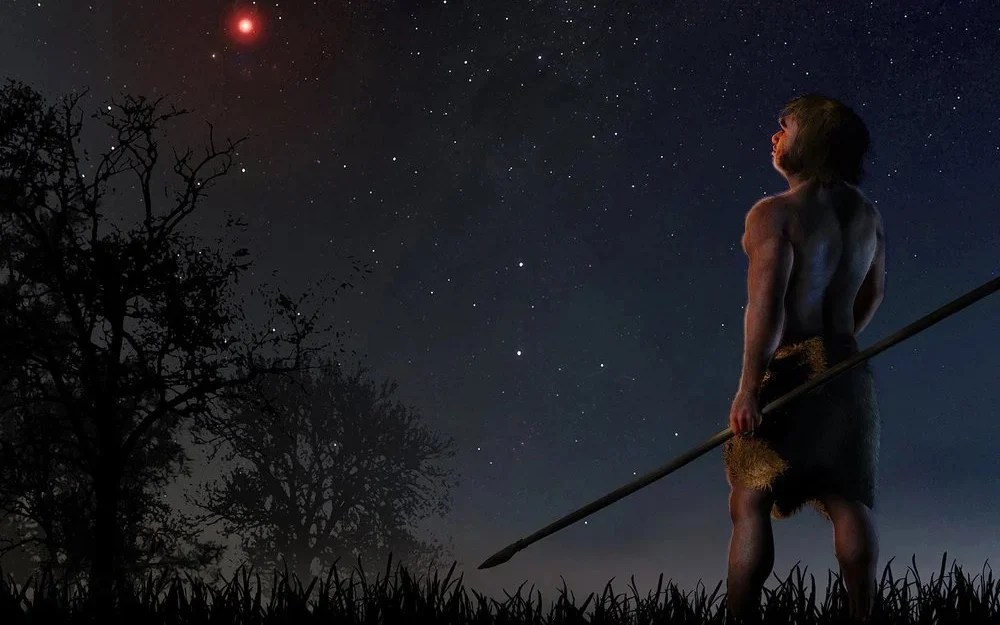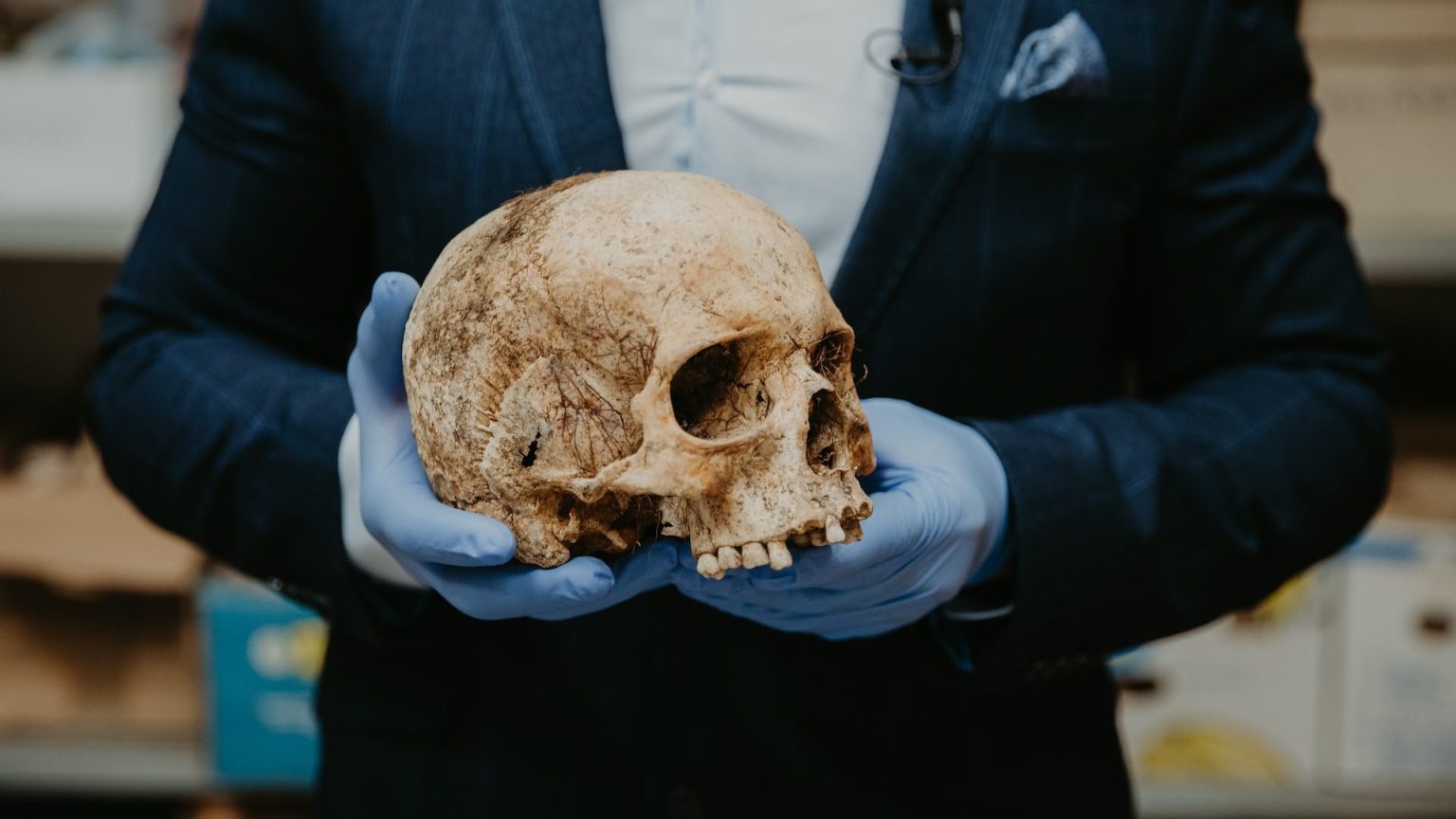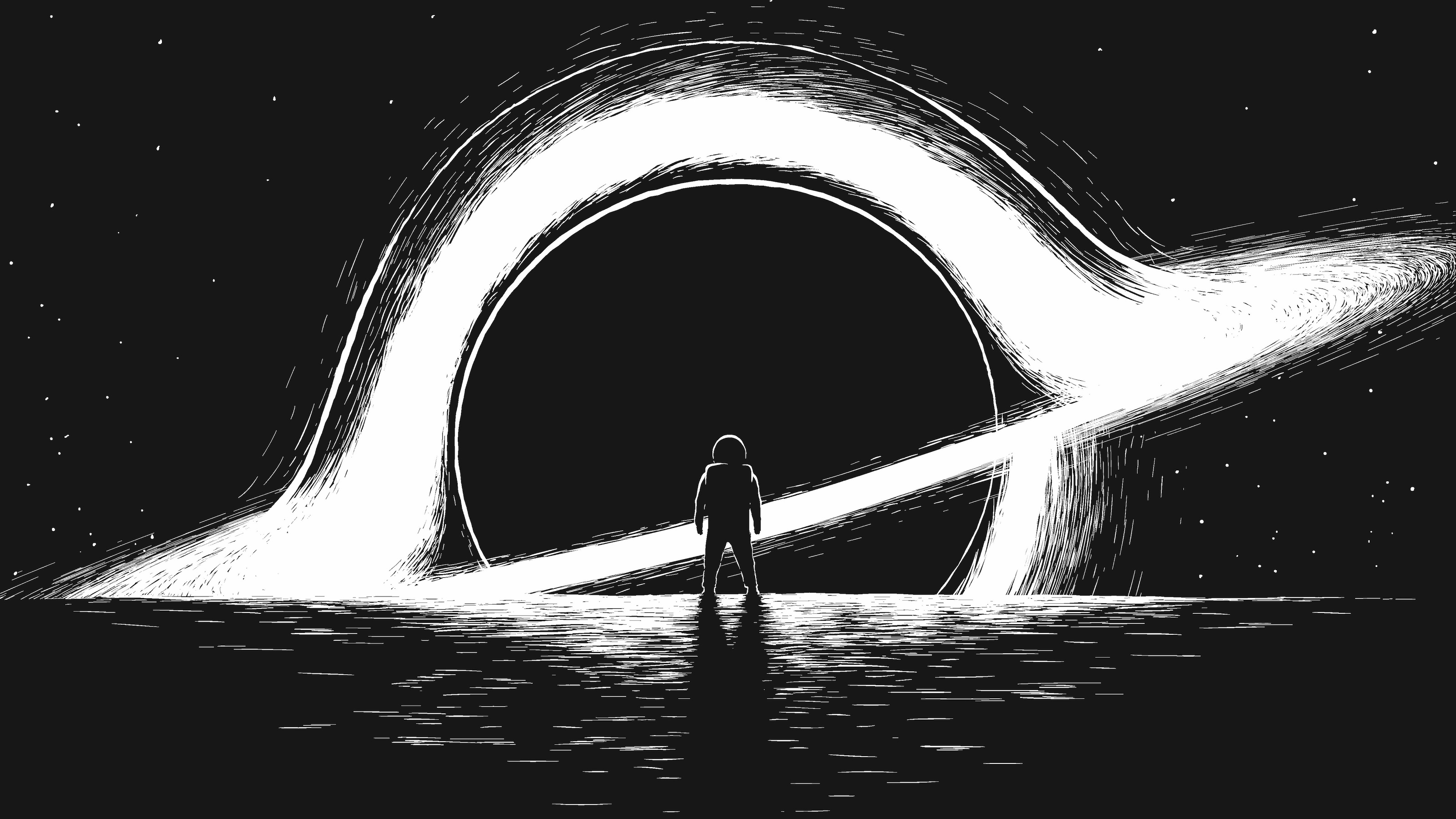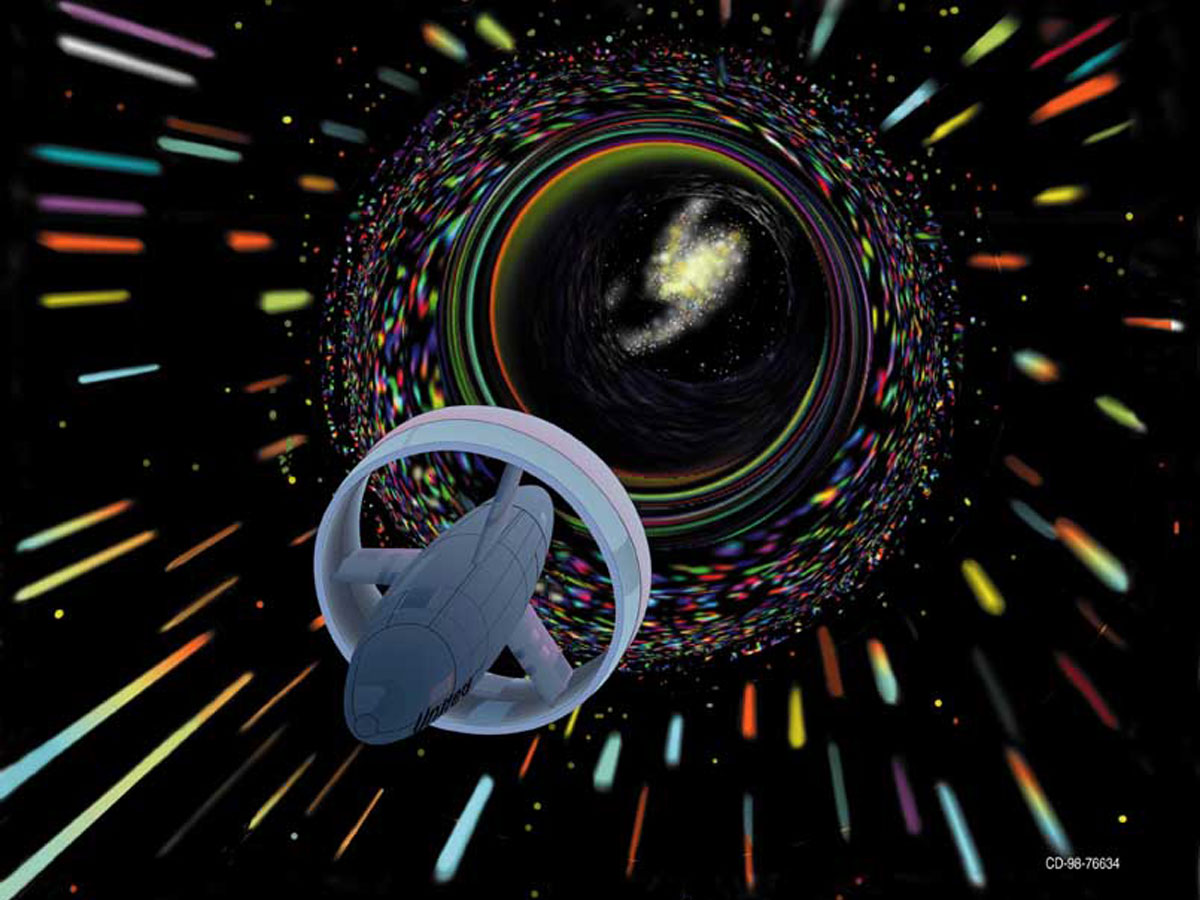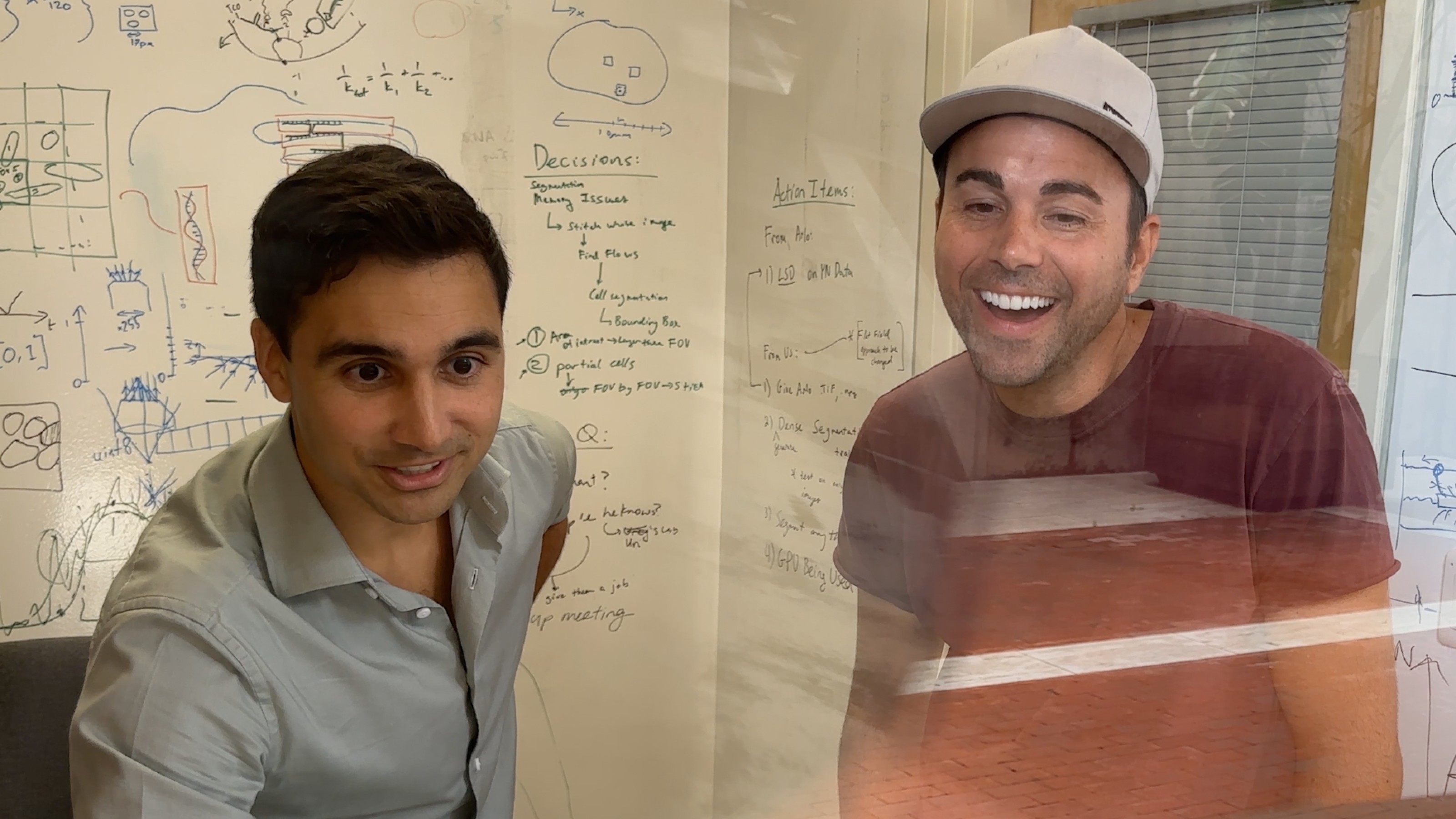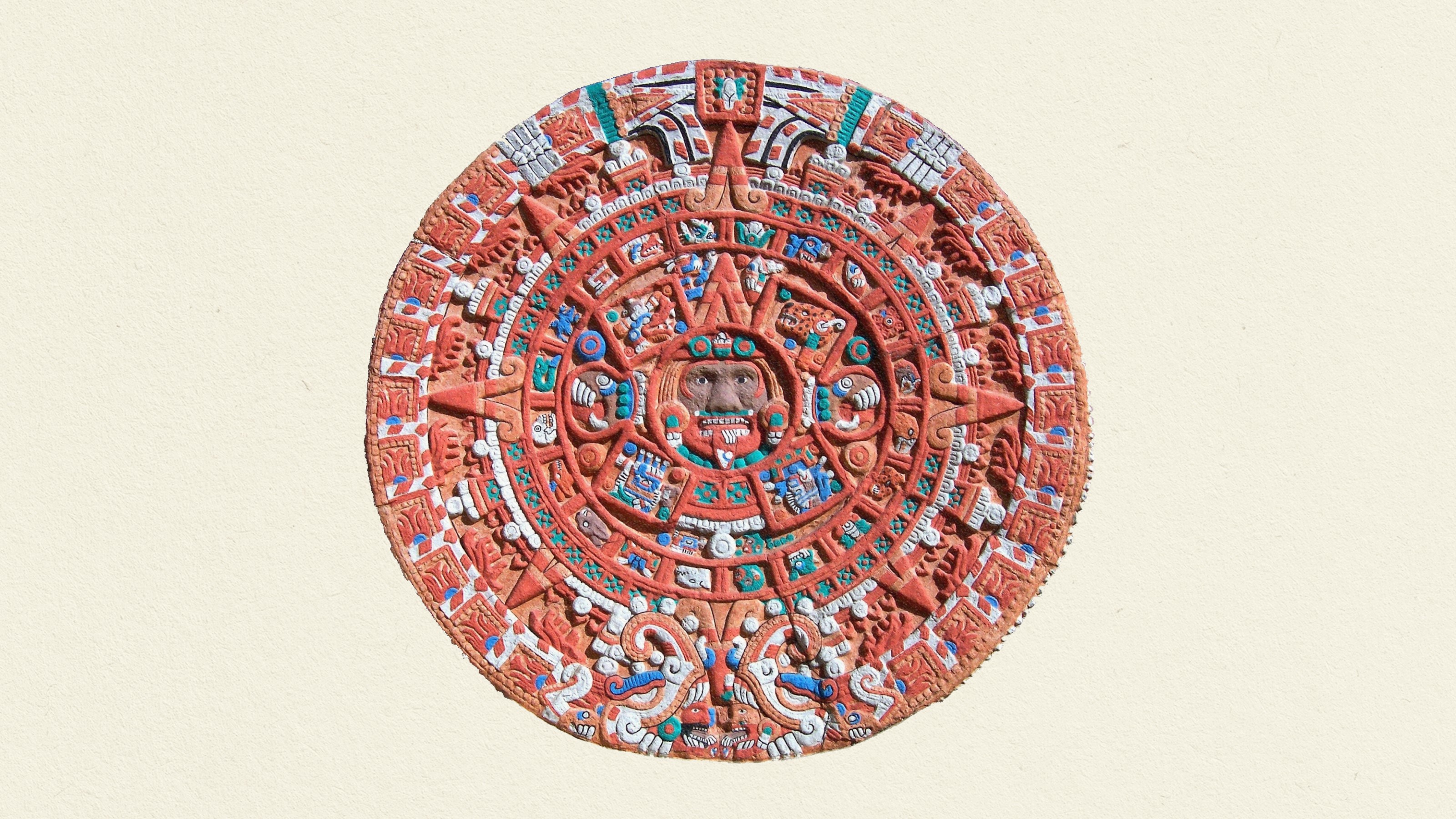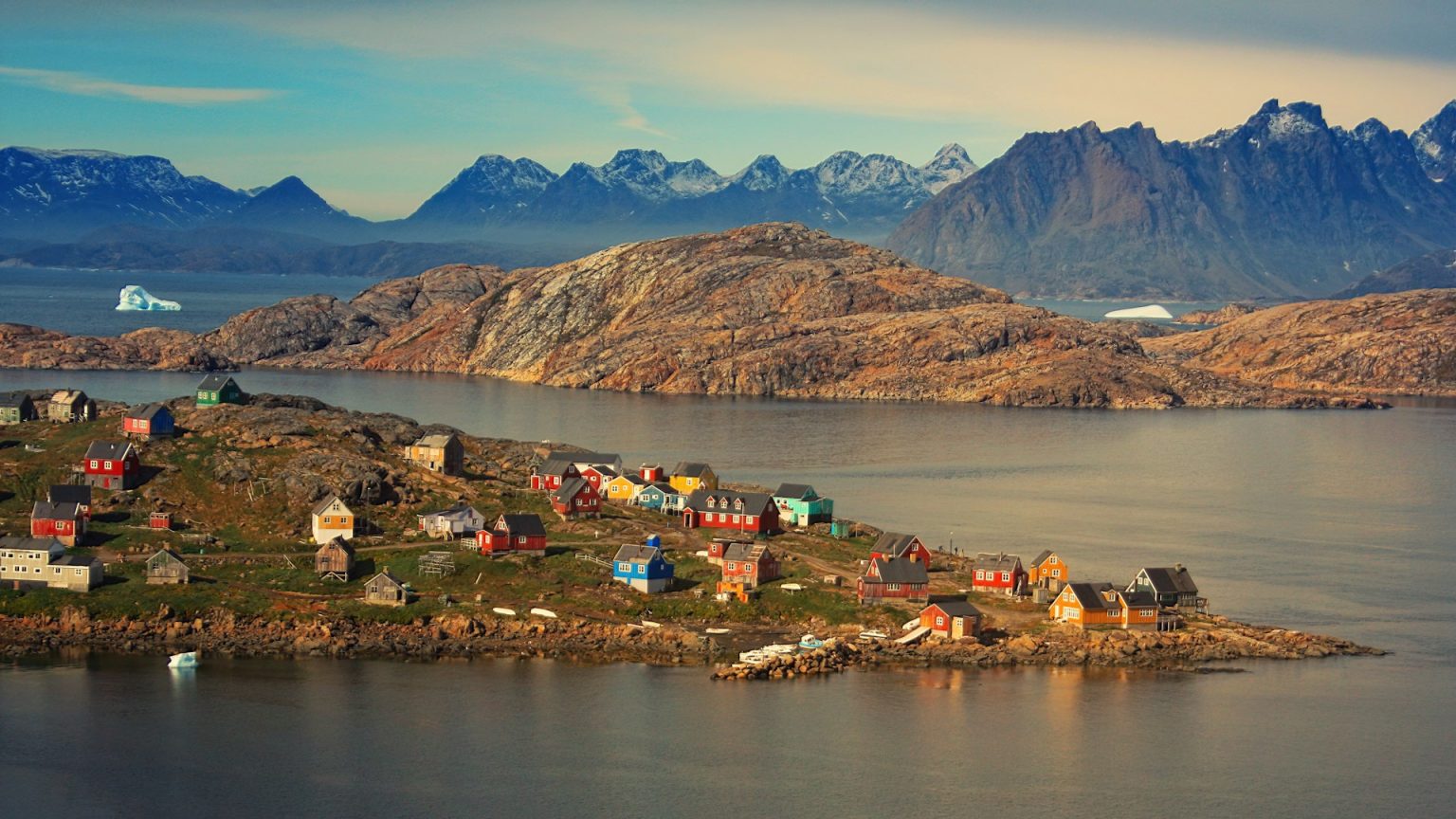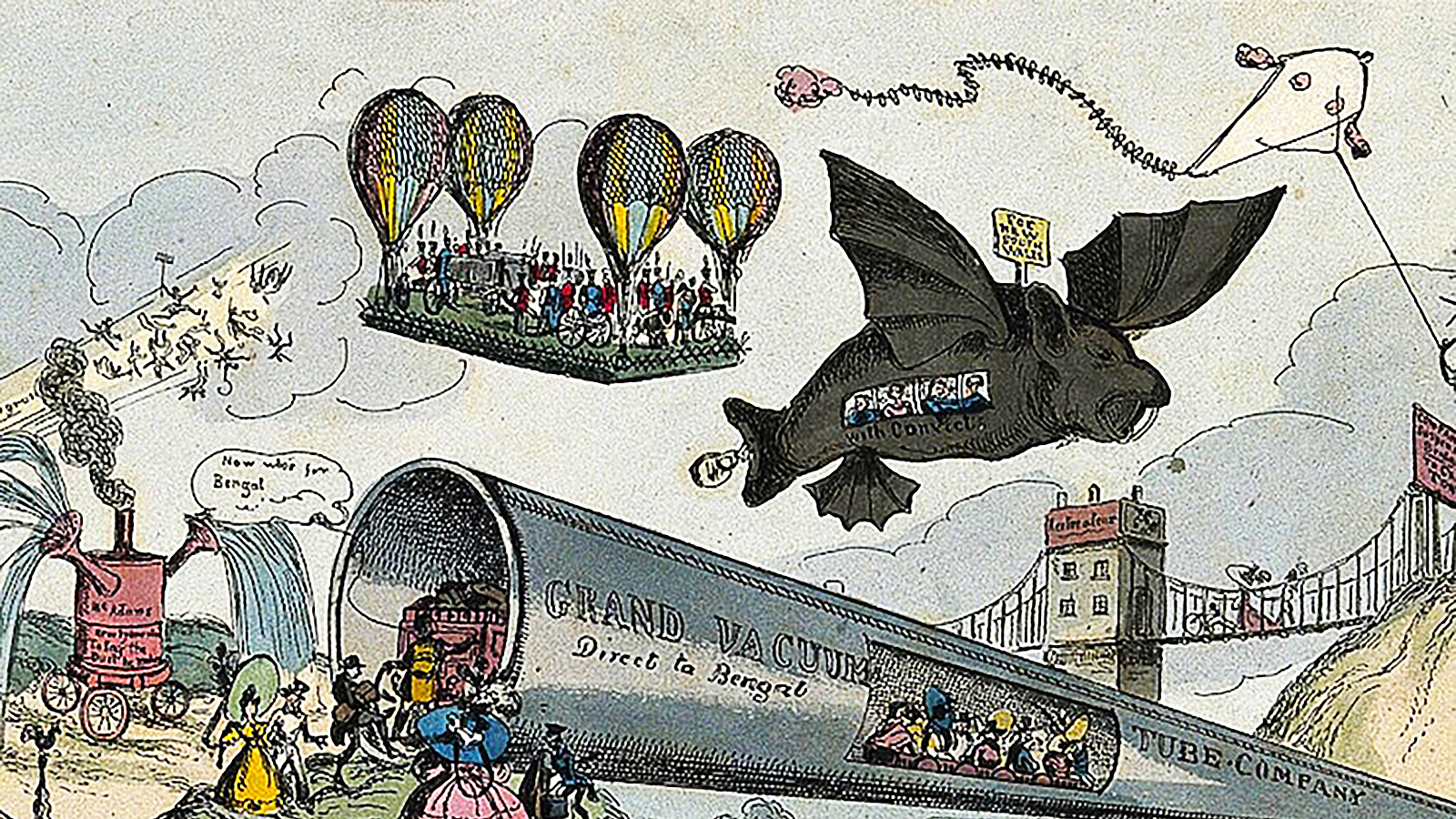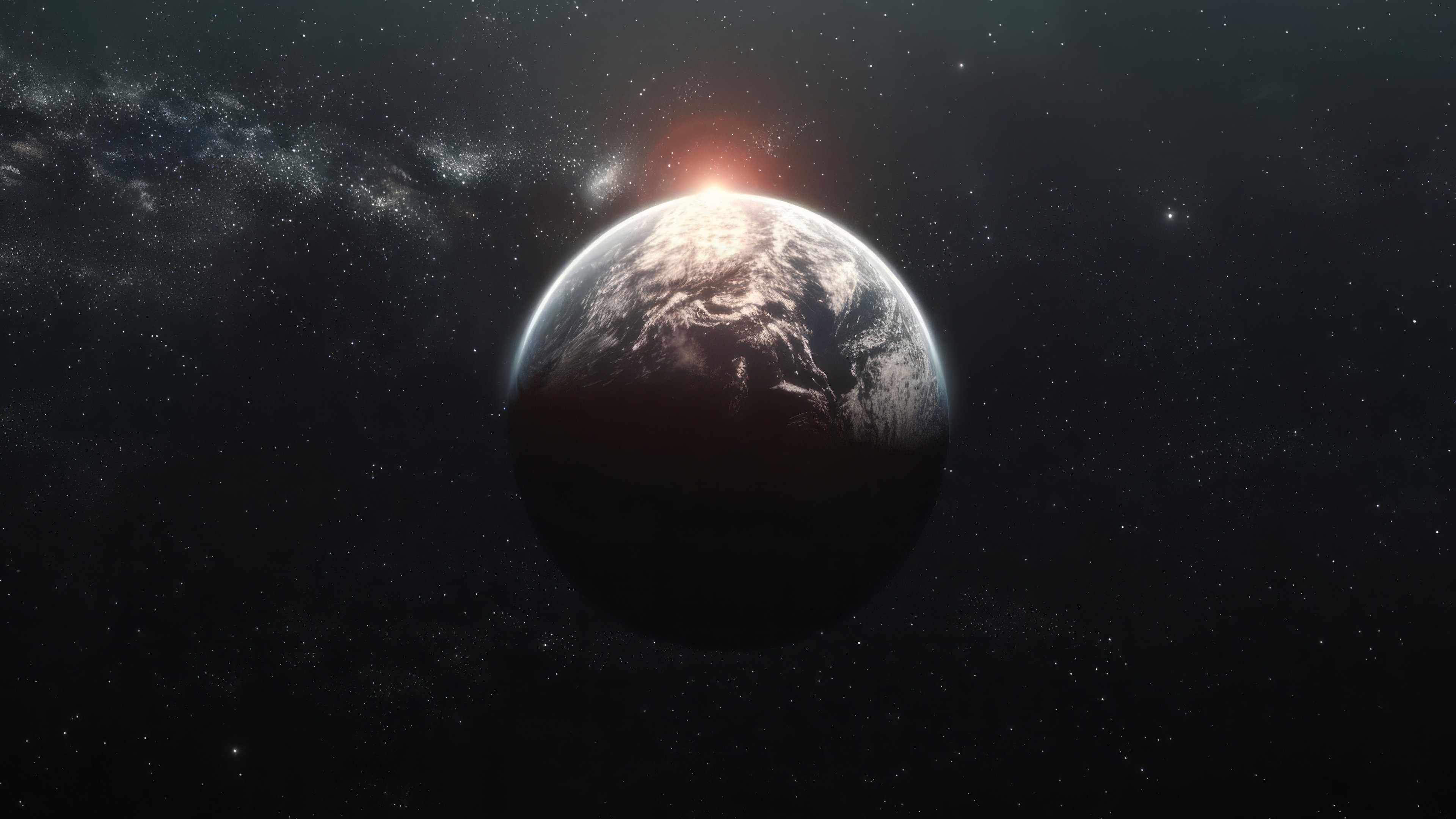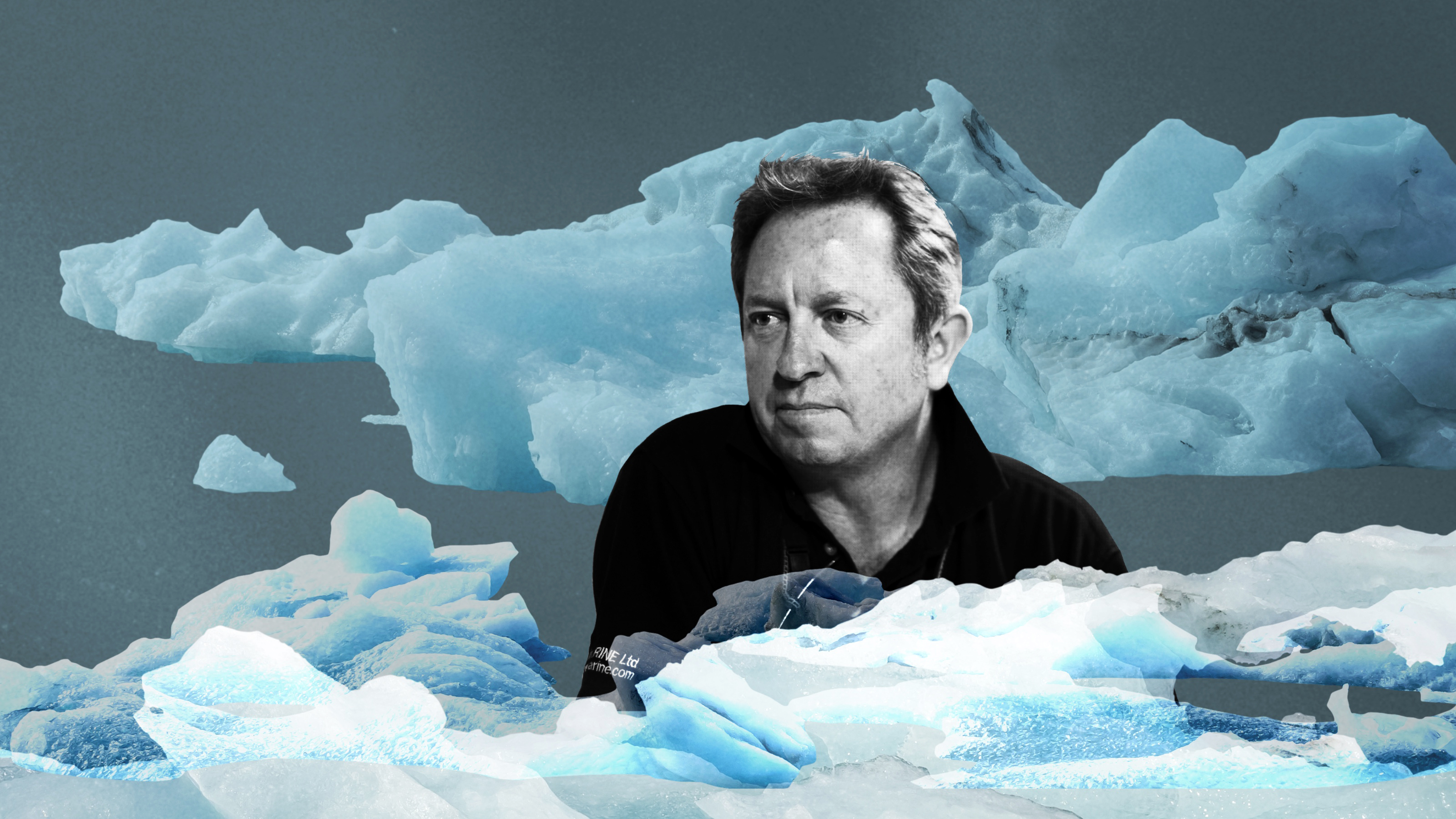The stench of death is actually fairly pleasant.
Search Results
You searched for: Imagin today
Using peach and eggplant emojis as shorthand for sex may seem like a new thing, but Renaissance artists were experts at using produce to imply intercourse.
The preservation and celebration of life, and not greed, should be our primary decision-making value.
For thousands of years, we puzzled at how far away the Moon was. Today we know its distance, at any time, to within millimeters.
Schopenhauer and Freud can help teams navigate the most prickly of collaboration problems.
Three of the greatest moral philosophers — Bentham, Kant and Aristotle — offer invaluable and practical lessons for leaders today.
Stoicism is popular today but often misunderstood and misapplied. In fact, a naive interpretation of Stoicism is damaging to your well-being.
We will become billions of people who share a single vast intellect.
Scientists agree that eons ago, a bacterium took up residence inside another cell and became its powerhouse, the mitochondrion. But there are competing theories about the birth of other organelles such as the nucleus and endoplasmic reticulum.
In the infant Universe, particle physics reigned supreme.
Could life be widespread throughout the cosmos, in the subsurface oceans of ice-covered worlds? NASA’s Europa Clipper mission investigates.
The first stars in the Universe were made of pristine material: hydrogen and helium alone. Once they die, nothing escapes their pollution.
Dinosaurs and other beasts were once thought to be the “undisputed masters” of Venus.
Despite billions of years of life on Earth, humans first arose only ~300,000 years ago. It took all that time to make our arrival possible.
We got lucky with our evolutionary history.
That scary swirling void from which nothing can escape is our perfect universal translation tool.
Without wormholes, warp drive, or some type of new matter, energy, or physics, everyone is limited by the speed of light. Or are they?
Big Think spoke with animator and animation historian Tom Sito about the cyclical evolution of animation.
It’s not just fun: DNA origami has the potential to revolutionize engineering at the nanoscopic scale.
Nobody knows where the word “penguin” comes from.
A philosophy of birth can offset the prevailing narrative around extinction and mortality.
It is wrong to think that these three statements contradict each other. We need to see that they are all true to see that a better world is possible.
The answer may lie in the power to see far, far beyond yourself.
Scientists are working to map out the risks of the permafrost thaw, which could expose millions of people to the invisible cancer-causing gas.
The biggest lingering question about GPT-4 isn’t if it’s going to destroy jobs or take over the world. Instead, it is this: Do we trust AI programmers to tell society what is true?
Jules Verne wrote about gasoline-powered vehicles, weapons of mass destruction, and global warming more than a century ago.
An interview with Lisa Kaltenegger, the founding director of the Carl Sagan Institute, about the modern quest to answer an age-old question: “Are we alone in the cosmos?”
Simple physics makes hauling vast ice chunks thousands of miles fiendishly difficult — but not impossible.


